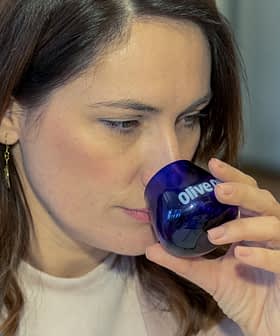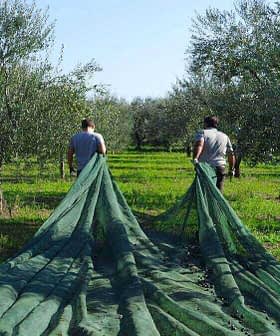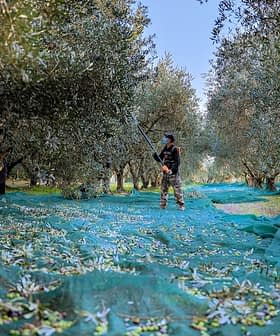When the winners were announced at the world’s largest olive oil competition in New York last month, the top prize in the Northern Hemisphere delicate monovarietal category was not awarded to a producer from Italy or Spain, as one might have expected. The coveted Best in Class Award went to Toyohiro Takao, the producer of an exquisite Mission olive oil from Japan.
Mr. Toyohiro’s brand, Takao Nouen no Olive Hatake, is produced on a small family farm in Shodoshima on Shōdo Island where, in 2008, he planted Mission and Lucca olives from California.
See Also:The World’s Best Olive Oils for 2015
Olives grow well on the island, but it’s not always easy. “Japan has rainy season, typhoons, and humidity is extremely high in the summer,” said Toyohiro. “What I most worry about is when we have high precipitations. During this season, (the olive trees) are more prone to get sick, injured and even a mature tree can die.”
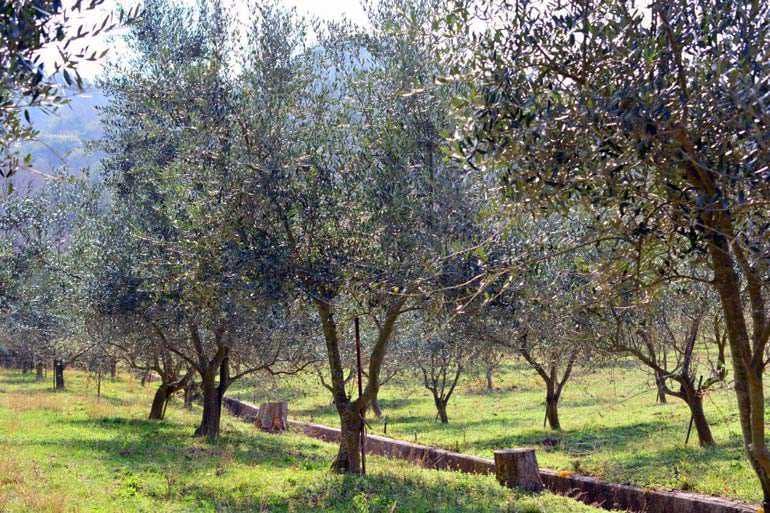
Toyohiro Takao’s farm in Shodoshima, Japan
An important part of his care of the farm comes down to the weeds that flourish between the trees on the lush grove: “I cut the weeds four times per year by hand and no herbicides are used,” Toyohiro told Olive Oil Times. He leaves the cut weeds on the ground and spreads them around evenly.
“We don’t cut weeds during the rainy season to help prevent the penetration of too much water into the soil or cause a landslide on the mountainous terrain of Shodoshima.”
Toyohiro fertilizes with an original blend of manure, oyster shells, olive pomace, and a rice and beans-based compost “which I harvest to facilitate the root’s oxygen level, as well as to achieve bacteria, and microbial stability.”
Toyohiro said the majority of Mission olives harvested in Japan are used for table olives but are not suitable for oil extraction. Extracting oil from them is a challenge.
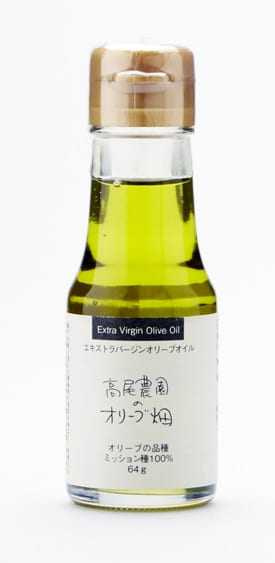
Great Things in Small Packages: NYIOOC Best in Class Award winner Takao Nouen no Olive Hatake
“The timing of emulsification and malaxation are crucial. A shorter grinding process may result in a more raw paste that produces less oil and has a less ripe taste, a longer process may increase oxidation of the paste and reduce the flavor. Green olives usually produce more bitter oil, and overripe olives can produce oil that is rancid, so for good extra virgin olive oil care is taken to make sure that olive are picked at the right time.
“Indeed, right after picking the olives, I proceed to have extraction right away. I have to reach at least 10 percent of oil yield in order to make a profit in this business, but that would mean picking only overripe olives. I chose not to. I want to produce the best quality olive oil every year. I grow fruits such as plums for my own and I pick them when they ripe well. The olive is different. Producing olive oil is extremely difficult, but fun at the same time.”
Appealing to Japanese tastes for small packages, Takao Nouen no Olive Hatake olive oil is sold in a bottle so small (70ml) that it might be confused for perfume. Nevertheless, in the totally blind tastings by the world’s top judges, Toyohiro’s oil loomed large.
“Ever since I became an olive farmer, my dream was producing one of the very distinguished olive oils,” Toyohiro said when he was notified of his win at the world’s most prestigious olive oil competition. “All the hardship we experienced were compensated by hearing this good news.”


